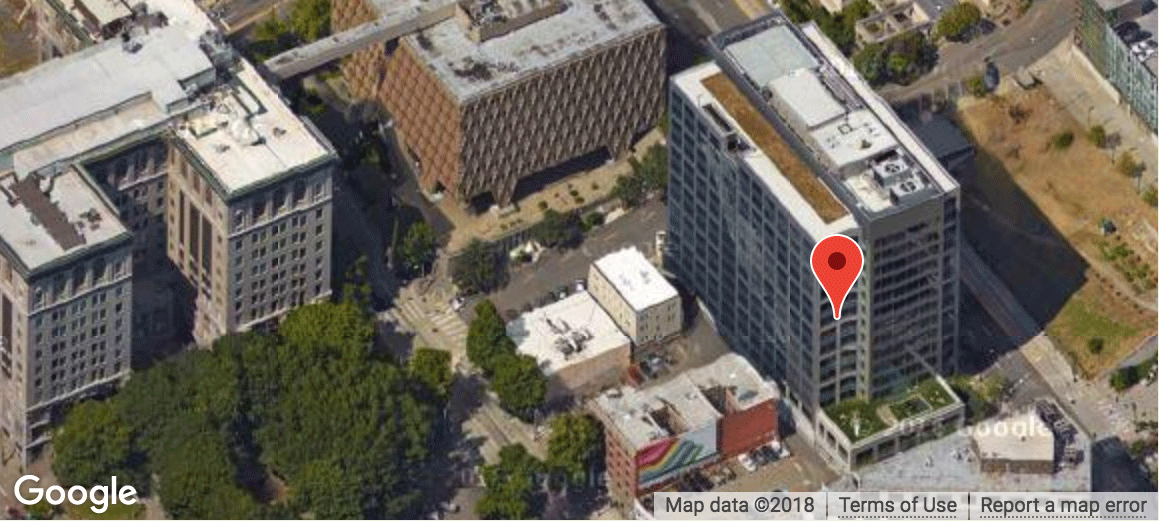More integrated treatment for addiction and mental health with a priority for people who are homeless
Summary
King County is helping open a new detox facility that will offer integrated treatment for mental health and substance-use disorder – including opioid addiction – that prioritizes bed space for people who are homeless.
Story
King County has contributed $1 million in capital funds to help open a new detox facility that will offer integrated treatment for mental health and substance-use disorder – including opioid addiction – that prioritizes bed space for people who are homeless.
The facility located in Seattle’s Beacon Hill neighborhood will offer 33 detox beds and 40 intensive inpatient treatment beds. It will welcome residents who are at the city of Seattle’s Navigation Center, a dormitory-style facility for people who are homeless and need treatment for substance-use disorder.
“The partnerships we are creating will save lives and connect more people to the effective treatment they need to once again live a healthy, productive, meaningful life,” said King County Executive Dow Constantine. “We are doing more than providing additional beds. We are connecting entire systems so we can better confront challenges in mental health, addiction, and homelessness throughout our region.”
Recovery Place Seattle at Beacon Hill, which will be operated by Valley Cities Behavioral Health Care, will be the first detox facility in King County to offer treatment for co-concurring disorders. That will make it possible for the staff to better address the underlying cause of the client’s behavioral issue, whether it's mental health or addiction.
In addition to prioritizing beds for people who are at the Navigation Center, the staff will coordinate with county-funded outreach teams that engage with people who are homeless to connect them to the integrated treatment they need to transition to safe, permanent housing.
Offering a wide range of treatment options
Beginning in early November, the staff at Recovery Place Seattle at Beacon Hill will provide detoxification, medication-assisted treatment, residential treatment, and recovery services for people who are homeless and people who earn a lower income who also face mental-health crisis, substance-use disorder, and/or opioid addiction. There will be about 100 full- and part-time employees working at the facility next year when it is operating at full capacity, with a total of more than 70 detox and treatment beds.
The facility will provide an alternative to hospital emergency rooms for police and first responders in Seattle, Renton, Tukwila, SeaTac, and Kent. The staff will also connect clients to outpatient services to help them succeed once they leave the facility.
Valley Cities is a nonprofit community behavioral health organization that has served South King County for more than 50 years.
Taking action to confront the opioid epidemic
Helping Valley Cities open the new detox and treatment facility is the latest action King County has taken to confront the opioid epidemic.
King County has also:
- Made nearly 2,800 life-saving naloxone kits available to law enforcement and treatment providers so they can reverse the effects of overdoses.
- Made it easier to safely dispose of unused and expired medication – including prescription painkillers – by setting up 110 secured drop boxes at participating pharmacies and law enforcement agencies throughout the county.
- Started a pilot project that offers rapid access to buprenorphine at the needle exchange operated by Public Health – Seattle & King County.
- Brought together a task force of experts who produced recommendations that were enacted in a new law signed by Gov. Jay Inslee that modernized state regulations to lower barriers to treatment and medication.
Relevant links
- VIDEO: News conference at opening of new detox and treatment facility
- Recovery Place Seattle at Beacon Hill
- King County Heroin and Prescription Opiate Addiction Task Force
- VIDEO: Implementing expert recommendations to confront the opioid epidemic
Quotes
The partnerships we are creating will save lives and connect more people to the effective treatment they need to once again live a healthy, productive, meaningful life. We are doing more than providing additional beds. We are connecting entire systems so we can better confront challenges in mental health, addiction, and homelessness throughout our region.
Thousands of people in our County need treatment – especially for heroin addiction – and this facility, along with Valley Cities’ outpatient clinics, have stepped up and delivered. When we are fully staffed, we will be able to provide treatment to more than 70 people at a time, once people complete detox and or residential treatment Valley Cities outpatient’s clinics will follow people till recovery.
For more information, contact:
Chad Lewis, Executive Office, 206-263-1250

 Translate
Translate

